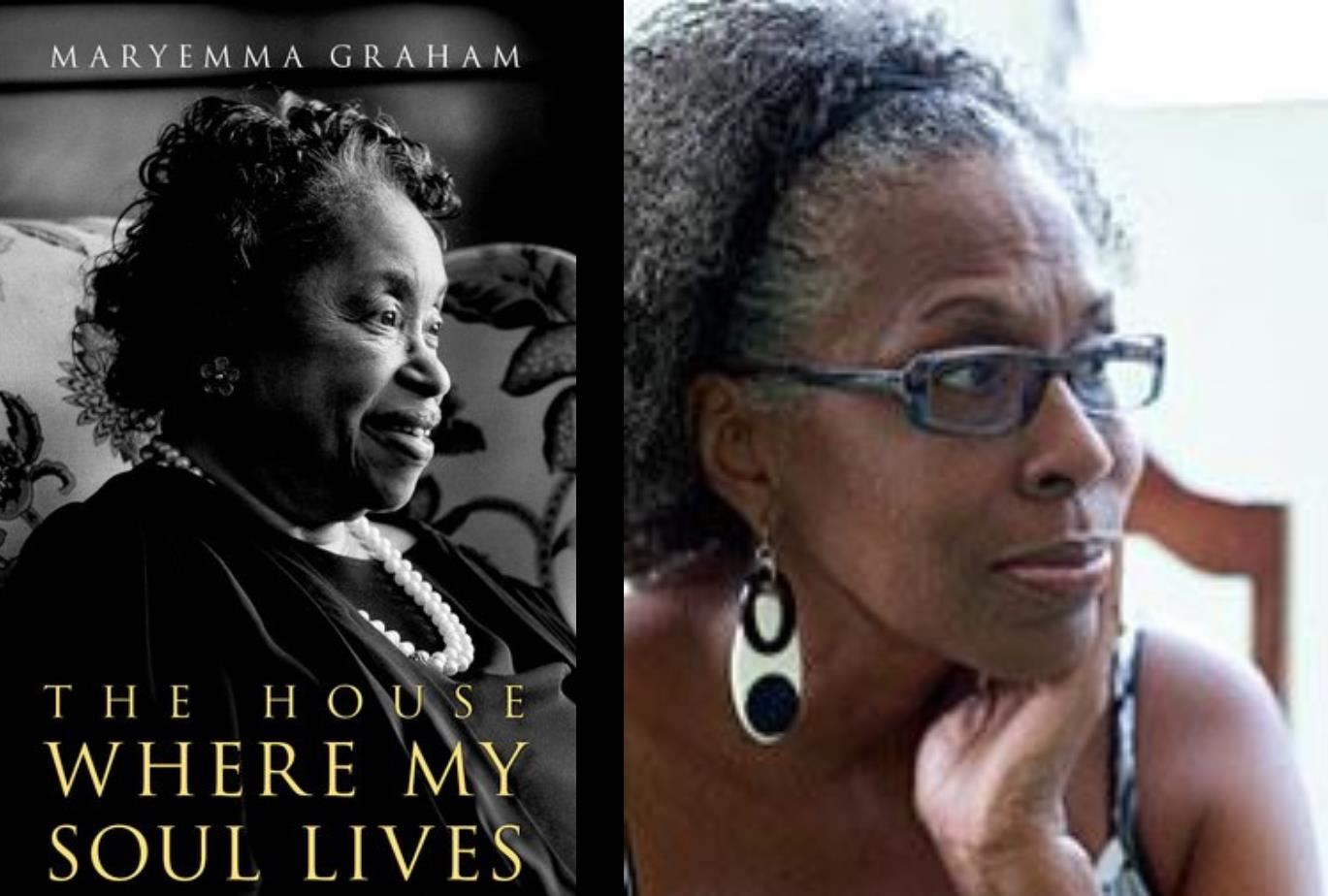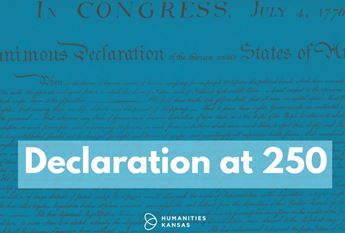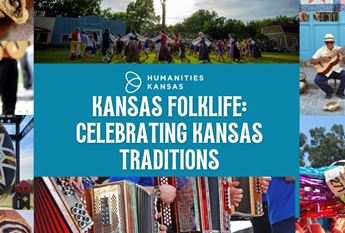

Big Idea: Margaret Walker and the Voice of the People
October 16, 2023
Margaret Walker was a force: a poet and intellectual, a prolific interpreter of the culture, and an institution-builder, she lived her life committed to “being Black, female, and free.” In The House Where My Soul Lives: The Life of Margaret Walker, Maryemma Graham illuminates Walker’s life in full detail, tracing her childhood interest in poetry to being a foundational member of the Chicago Black Renaissance and her life on the national stage.
Graham is Distinguished University Professor in the Department of English at the University of Kansas and founder of the History of Black Writing Research Center, which is celebrating its 40th year. She will discuss Walker’s life, work, and impact in conversation with Dr. Valerie Mendoza during the next Big Idea on Friday, October 20 at noon. Registration is required for this free online event.
Walker began writing journal entries and short rhymes in her school composition books as early as age 9. Her curiosity led her to discover poetry in her father’s library and memorize passages, which she then recited to others whenever she could. A poet was born. At 16, she worked up the nerve to show her writing to a visiting author in New Orleans—Langston Hughes. He carefully read her poems, said they were “very good,” and then told her parents, “You really must get her out of the South.”
“By ‘getting out of the South,’ Hughes was not casting aspersions on the land he was seeing and learning about for the first time,” Graham explains in her book, “but rather sharing his sense of what a writer needs to do in order to grow and develop.”
Hughes believed his experiences in Kansas, Cleveland, Mexico, and New York shaped him as a writer. Graham writes, “His advice to Walker was heartfelt and sincere. This turning point in her life tells us much about the importance she placed on literary influence as she began defining her place in the world of art and imagination.”
Following degrees from the University of Iowa and accolades for her poetry, Walker moved to Chicago and found employment with the Federal Writers’ Project. One day, she received an invitation to an organizing meeting for the South Side Writers Group. It was signed by author Richard Wright. The SSWG became a short-lived but formidable collective: “The SSWG’s youth and energy, combined with their growing political consciousness, put them in the spotlight as agents of change,” writes Graham, “a new generation charged with the responsibility of creating a future.”
Walker’s life in Chicago was among writers, artists, and musicians who would become powerful cultural luminaries like her. She met Gwendolyn Brooks and Wright, and on her first trip to a Writers Congress in New York, she met Ralph Ellison. By this point, Langston Hughes considered her a friend. During this time she wrote her most famous poem, “For My People,” for which she won the Yale Series of Younger Poets award.
A masters and then a doctorate, both from the University of Iowa, and Jubilee, a historical novel, soon followed. Her career as an academic brought her home to the South, where she established the Institute for the Study of the History, Life, and Culture of Black People at Jackson State University in in Mississippi in 1968. (Today, it is the Margaret Walker Alexander Research Center.)
“Becoming a woman of ideas gave Walker much pleasure since it expanded her audiences beyond the readings at literary and civic events, and academic institutions,” Graham observes. “In smaller towns, she met people who had not read her work, people whom others would have quickly dismissed. Walker treated them as if they were special, worthy of knowing more about and contributing to contemporary social and political topics… If Hughes was the people’s poet, Walker had the people’s ear, and she could be their voice.”
Walker’s work as the voice of the people and her contributions to the public humanities were recognized in 1991 when she received the award from the National Endowment for the Humanities for Lifetime Achievement and Contributions to American Literature. In 1998, she was inducted into the African American Literary Hall of Fame at the Gwendolyn Brooks Center at Chicago State University. She passed away later that year, but her legacy continues: musical adaptations of her poetry, exhibitions, a 50th-anniversary edition of Jubilee, and Graham’s new biography ensure that Walker’s mark on history will be remembered.
Register for the Big Idea on Friday, October 20 at 12 noon.
Spark a Conversation
-
READ Maryemma Graham’s definitive biography of Margaret Walker, The House Where My Soul Lives (Oxford University Press). Also available on Audible.
-
LISTEN to Margaret Walker reciting her poem, "For, My People."
-
VISIT the exhibit Black Writing through January 7, 2024 at the Spencer Museum of Art in Lawrence, celebrating 40 years of The History of Black Writing at the University of Kansas.



